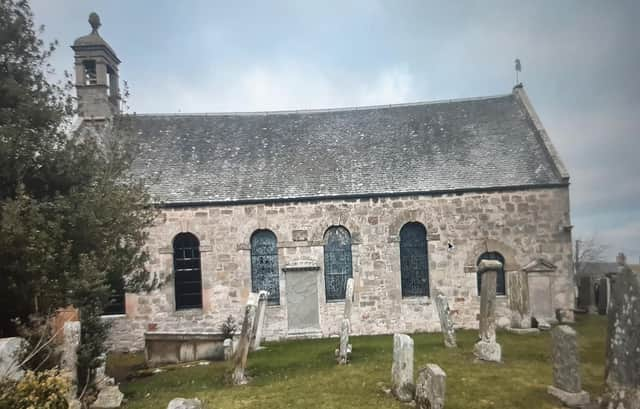From a House of God to a guest house


The application to Scottish Borders Council from Lincolnshire-based Hirst Heritage involves the restoration of the disused Roxburgh Church building in Teviot Road, near Kelso, and the introduction of a new use as a guest house.
The bid has been described as the “best chance of retaining the existing church” and of saving it from potential demolition.
Advertisement
Hide AdAdvertisement
Hide AdA report submitted with the application says refurbishing the church as a dwelling and holiday let will safeguard the future of the building “ensuring its ongoing use, care and maintenance.”
It adds: “Bringing an empty church back into use will reduce the risk of it falling into disrepair resulting in its demolition, which unfortunately can become the fate of disused ecclesiastical buildings.
“External features such as the bell tower, stained glass windows and memorial stones built into the church walls will be carefully protected throughout the works and regularly monitored and restored as required throughout their lifetime.
“The existing altar and pulpit are not original features and are dated 1923 and 1932 respectively. These features will be removed from their current location and retained in order to be reused elsewhere in the building.
Advertisement
Hide AdAdvertisement
Hide Ad“The pews and other items of fixed furniture have been carefully photographed and audited. These items will be retained for reuses within the building or in other premises.”
Roxburgh Church was built in 1752, however there is evidence that some of the stone blocks were reused from an earlier church building, believed to have been built in the 12th century. In particular, there are three memorial stones set into the north wall, one of these featuring a skull thought to be dedicated to Roxburgh minister William Weymes, who died in 1652.
The building became surplus to Church of Scotland requirement and was subsequently closed and placed for sale on the open market in November 2020.